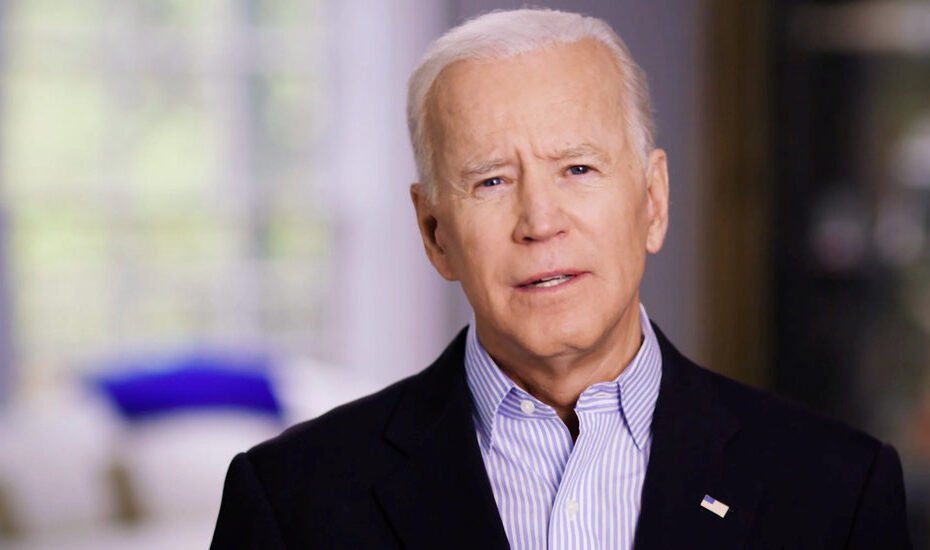The latest polling data reveals a significant lead for former President Trump over President Biden on key issues such as the economy and immigration. Despite efforts to boost his popularity, President Biden faces mounting challenges and criticisms from both the media and the public. This analysis delves into the implications of the polling numbers and the underlying factors driving political discourse in the United States.
Trump’s Lead in Polling Numbers
The recent polling results indicate a substantial lead for former President Trump over President Biden, particularly on issues related to the economy and immigration. According to the NBC poll, 55% of respondents believe Trump is better on the economy, compared to only 33% for Biden. Similarly, Trump’s lead expands to more than 30% when voters are asked about immigration and border security. These numbers underscore the growing dissatisfaction with President Biden’s handling of critical policy areas.
President Biden’s Response and Public Perception
President Biden’s reaction to the polling data reflects his frustration and concern over his declining approval ratings. Reports suggest that Biden has resorted to using profanity to express his frustration with Trump’s continued popularity. However, such reactions only serve to highlight the challenges facing the Biden administration and its efforts to regain public trust.
Concerns Over the Economy and Immigration
The polling numbers underscore widespread concerns over the state of the economy and immigration policies under the Biden administration. Trump’s strong performance on these issues reflects public dissatisfaction with Biden’s approach and the perceived lack of effective solutions to address pressing challenges. As immigration and border security emerge as top priorities for voters, President Biden faces mounting pressure to implement meaningful reforms.
Impact of Political Rhetoric and Campaign Strategies
The political discourse surrounding President Biden’s administration has been characterized by heightened rhetoric and partisan divisions. Democrats have pursued aggressive tactics to discredit Trump and undermine his political influence, including efforts to prosecute him on criminal charges. However, such tactics may backfire, as they fail to address the substantive concerns of voters and may further erode public confidence in the political process.
Challenges Facing the Biden Administration
President Biden’s declining approval ratings reflect broader challenges facing his administration, including concerns over policy effectiveness and leadership credibility. The Biden campaign’s reliance on negative tactics and legal maneuvers to discredit Trump may further alienate voters and undermine public trust in the political establishment. Moreover, Biden’s struggles to connect with younger voters underscore the generational divide within the Democratic Party and its implications for future electoral outcomes.
Potential Implications for the 2024 Election
The polling numbers signal a potential shift in public sentiment and political dynamics leading up to the 2024 presidential election. Trump’s continued popularity and Biden’s declining approval ratings suggest a possible realignment of voter preferences and political allegiances. As the political landscape evolves, both parties must adapt their strategies to address the concerns and priorities of the electorate.
Conclusion: Navigating Political Turmoil and Uncertainty
In conclusion, the latest polling data reflects a turbulent political climate characterized by shifting public attitudes and competing ideological agendas. President Biden’s struggles to maintain support and credibility highlight the challenges facing his administration and the broader Democratic Party. As the political landscape continues to evolve, policymakers must prioritize effective governance and responsive leadership to address the pressing needs of the nation.
